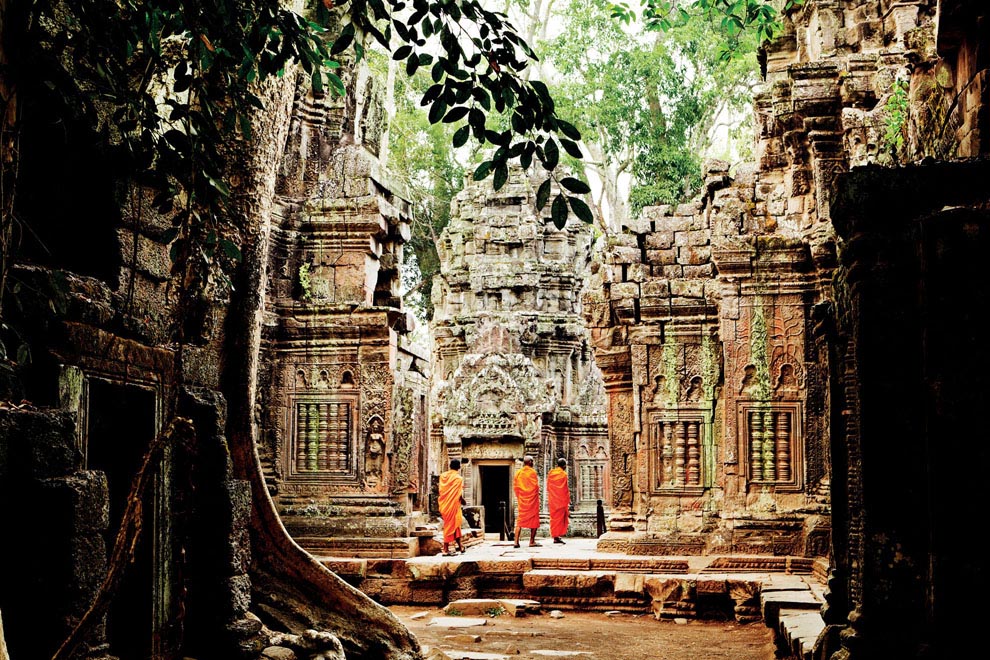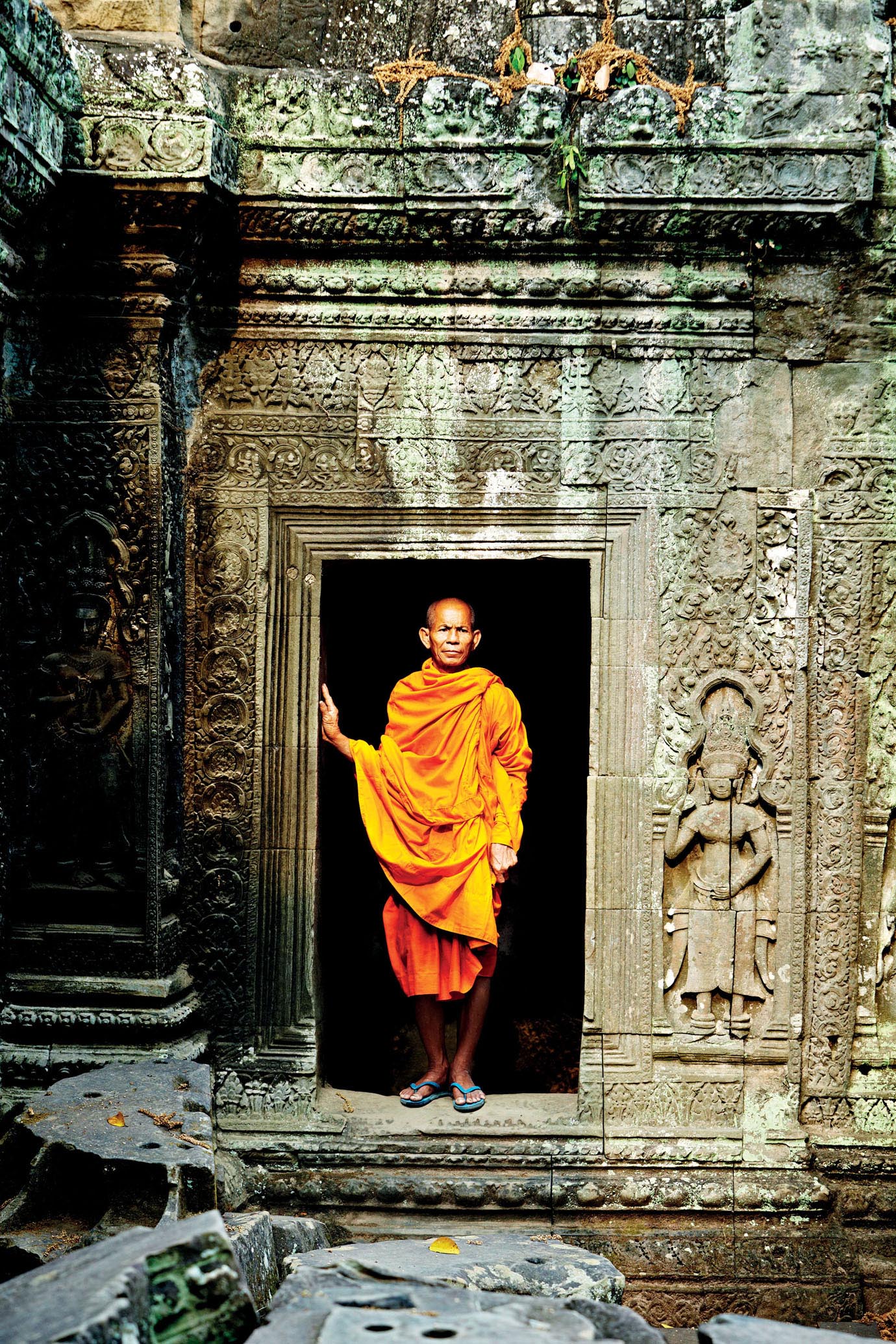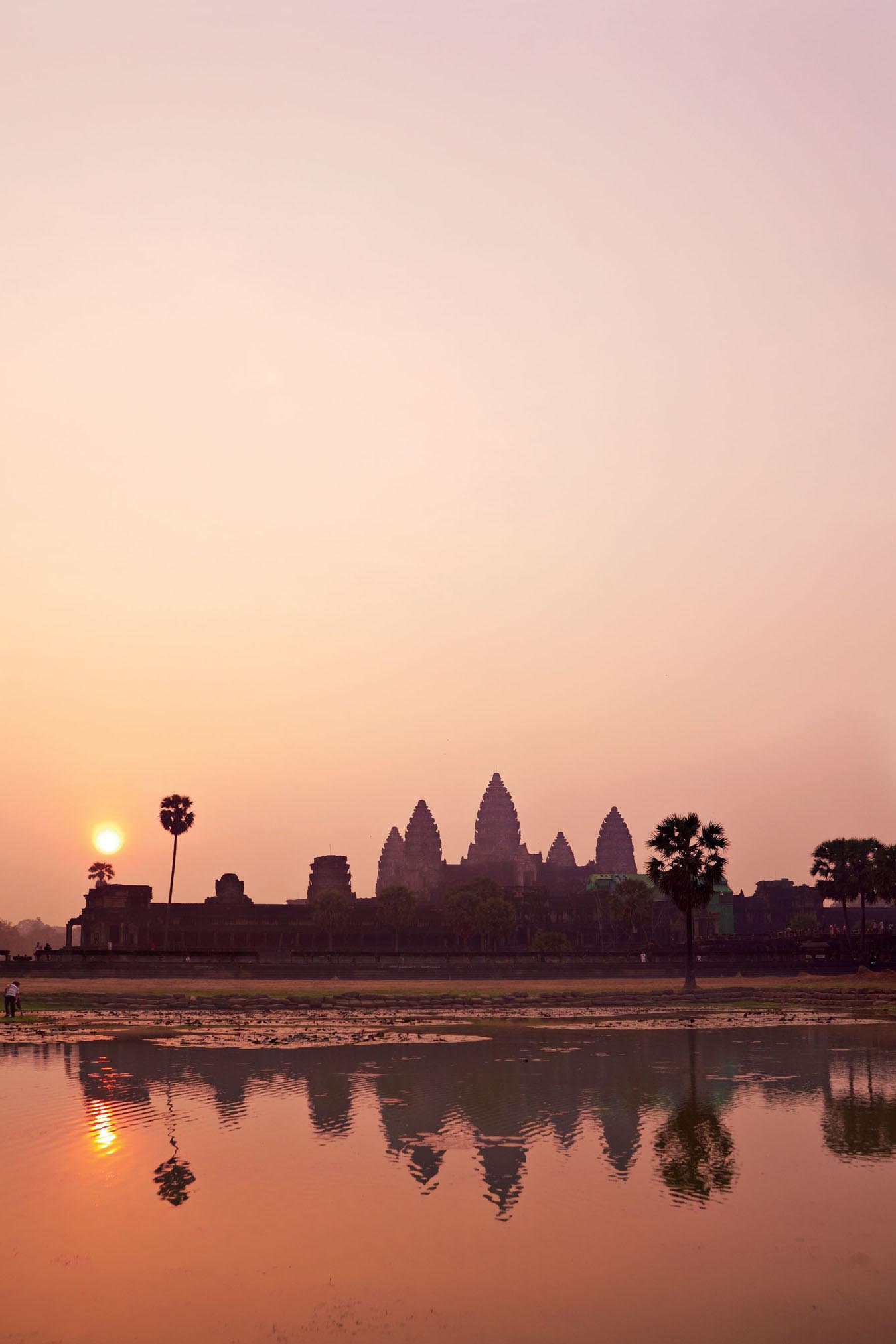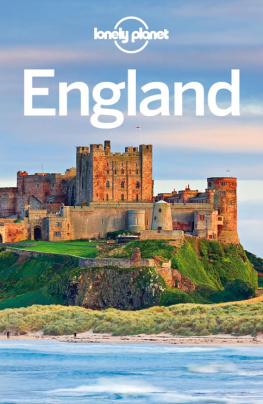Weve all got a list of places that we want to see for ourselves: places friends have enthused about after a holiday, places weve read about, dreamed about. This is our list. Its the 500 most thrilling, memorable, downright interesting places on this planet and whats more weve ranked them in order of their brilliance. These are the places that we think you should experience; there are sights that will humble you, amaze you and surprise you. Theyll provoke thoughts, emotions or just an urgent need to tell someone about them.
So, how did we do it? The longlist was compiled from every highlight in every Lonely Planet guidebook. Every attraction and sight that had caught our authors attention over the years was included. This list of thousands of places was whittled down until we had a shortlist. Then we asked everybody in the Lonely Planet community to vote on their 20 top sights. With a bit of mathematical alchemy, which weighted results in favour of sights that had consistently high votes, rather than lots of low votes, we ended up with a score for each entry in our top 500 places to see. It was very close throughout, with the exception of our leading sight, which, with a score of 10,162, was in a class of its own.
Each entry gives a taste of what makes that place worthy of a spot in this book, and the See It! section is a starting point for planning a trip you can turn to our guidebooks and lonelyplanet.com for more detailed directions on how to visit every attraction in the top 500.
This is Lonely Planets Ultimate Travel list. We hope that it will inspire many more travel wishlists of your own.

01
HINDU HEAVEN ON EARTH
Temples of Angkor
CAMBODIA // When all the votes were counted, the no.1 sight in the Ultimate Travel list was the undisputed champion by some margin: it won 36 percent more votes than the very closely fought second and third places. In electoral terms, this was a landslide. So, how did Angkor Wat do it?

ANCIENT TEMPLES

Borobudur, Javas monumental series of temples, ringed by volcanoes, dates back 1200 years. Mesmerising.


In Indias Karnataka state, the ancient city of Hampi, strewn around with giant boulders, may only have one temple, but what a temple it is.


Construction began at Bagan in the 11th century, now Myanmars no.1 attraction returns to life.

As the worlds greatest temple to the Hindu god Vishnu, Angkor Wat might seem a bit off the grid in Buddhist Cambodia, but this magnificent monument is the greatest treasure of a Hindu kingdom that once stretched as far as Burma, Laos and southern China. Even in a region as richly gifted with temples as Southeast Asia, Angkor is something out of the ordinary a literal representation of heaven on earth, hewn from thousands of sandstone blocks and carved floor-to-ceiling with legends from the Ramayana, Mahabharata and Puranas.

PETE SEAWARD/LONELY PLANET
Even better, Angkor Wat is the crowning glory in a complex of more than 1000 temples, shrines and tombs that forms a virtual city of spires in the jungles of northern Cambodia. International flights drop into nearby Siem Reap, so it would be hard to describe Angkor as undiscovered, yet every visitor who steps among the ruins, where tree roots tear through ancient walls and the heads of forgotten deities poke out from between the vines, feels like Indiana Jones, peeling back the foliage for the first time. Over Angkors long centuries, the residents of this celestial city traded Hinduism for Buddhism, leaving many temples fusing mythologies. Few experiences can match arriving at the ruins of the Bayon at dawn and watching dozens of benevolent faces of the Avalokiteshvara, the Buddhist bodhisattva of compassion, appearing slowly out of the mist like heavenly apparitions. Indeed, Angkor offers so many hard-to-match experiences that many travellers spend weeks soaking up the glory of all the temples and ruins.
Angkor Wat itself is the undisputed highlight, a massive representation of Mt Meru, the mountain home of the gods of Hinduism, executed in stone blocks adorned with bas-reliefs of such delicacy and grace that they could almost have been carved in the presence of the divine. Travellers feel similar emotions when exploring the overgrown ruins of Ta Prohm, a 12th-century temple that was almost completely consumed by the jungle, left much as it was when European explorers first ventured to Angkor in the 17th century.
Away from this central hub are sacred pools and stone bridges that have handrails depicting demons holding monstrous serpents, as well as a panoply of crumbling temples, scattered over an area of more than 400 sq km. Some of these outlying groups have become must-see sights in their own right the complex at Banteay Srei features some of the finest stone-carving at Angkor, and the artistry continues underwater at nearby Kbal Spean, the river of a thousand linga (Shiva symbols).

MARK READ/LONELY PLANET
More than anything else, Angkor is a powerful reminder of the soaring ambitions of human creativity, the fundamental human need to leave something permanent behind, and the very Buddhist realisation that nothing material is eternal, and that given time, all will be reclaimed by the jungle. Angkor isnt just an interesting ruin its a spiritual epiphany in stone.
 SEE IT ! Stay in Siem Reap; zip to the temples by motorbike taxi or tuk-tuk. Book trips the night before for a dawn spectacular.
SEE IT ! Stay in Siem Reap; zip to the temples by motorbike taxi or tuk-tuk. Book trips the night before for a dawn spectacular.

MARK READ/LONELY PLANET

MARK READ/LONELY PLANET
02
OZS UNDERWATER WONDERLAND
Great Barrier Reef
AUSTRALIA // Second place in our list goes to a natural wonder stretching for more than 3000km up the northeastern coast of Australia. The Great Barrier Reef hardly needs an introduction. But here are some facts: this is the worlds largest network of coral reefs, with 400 types of coral and 1500 species of fish. Some 30 kinds of whales, dolphins and porpoises have been spotted here, along with six species of sea turtles and 17 kinds of sea snake.





















